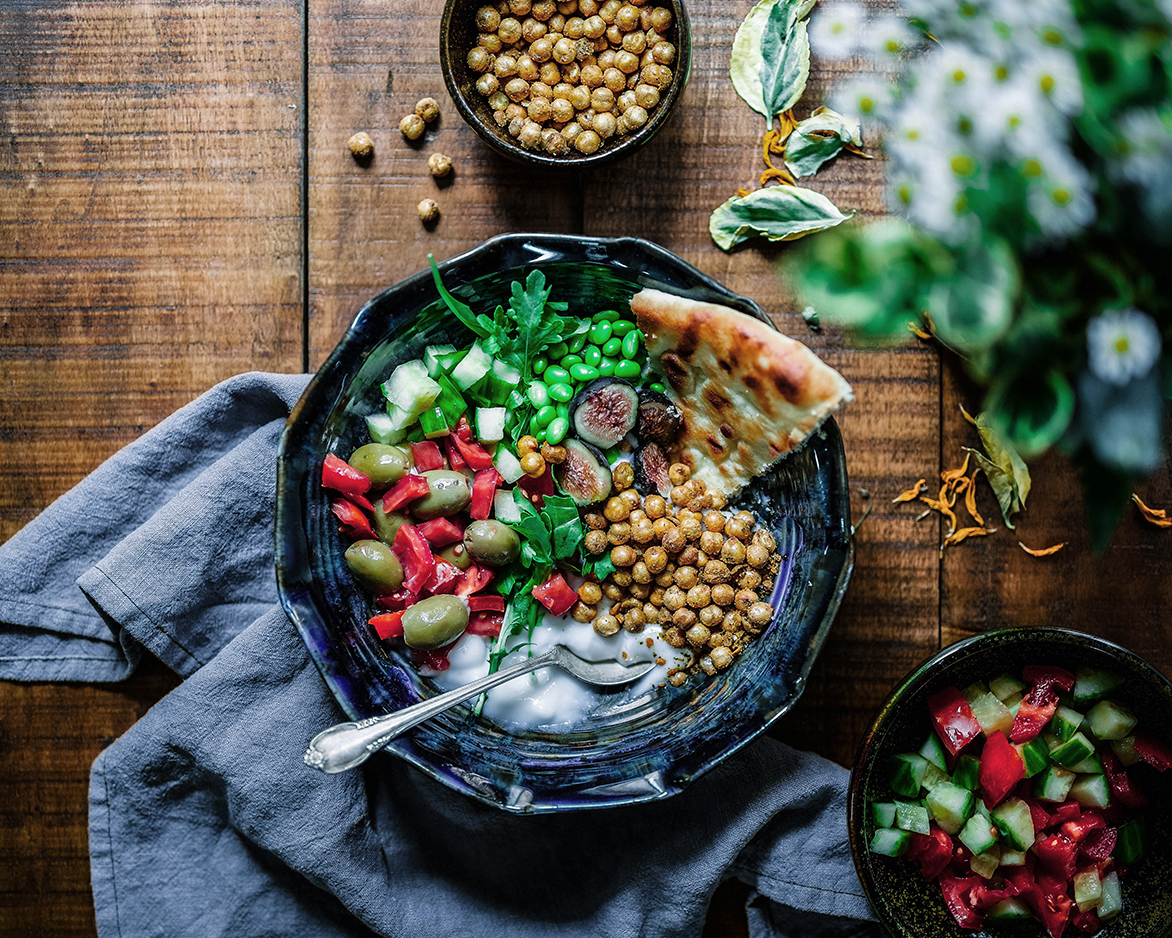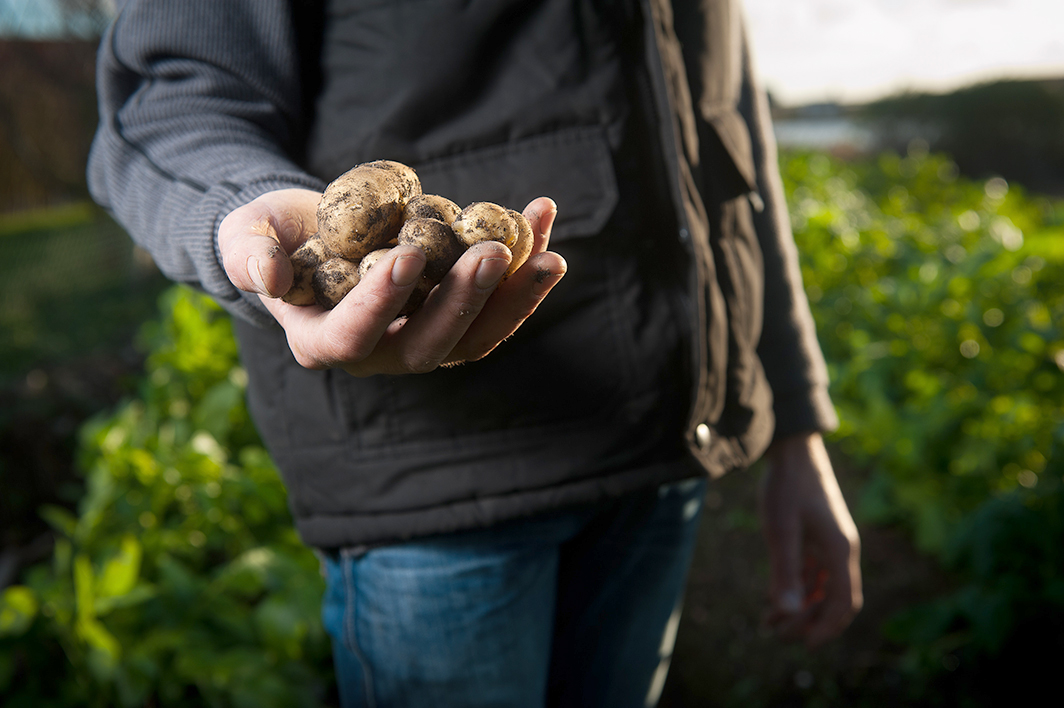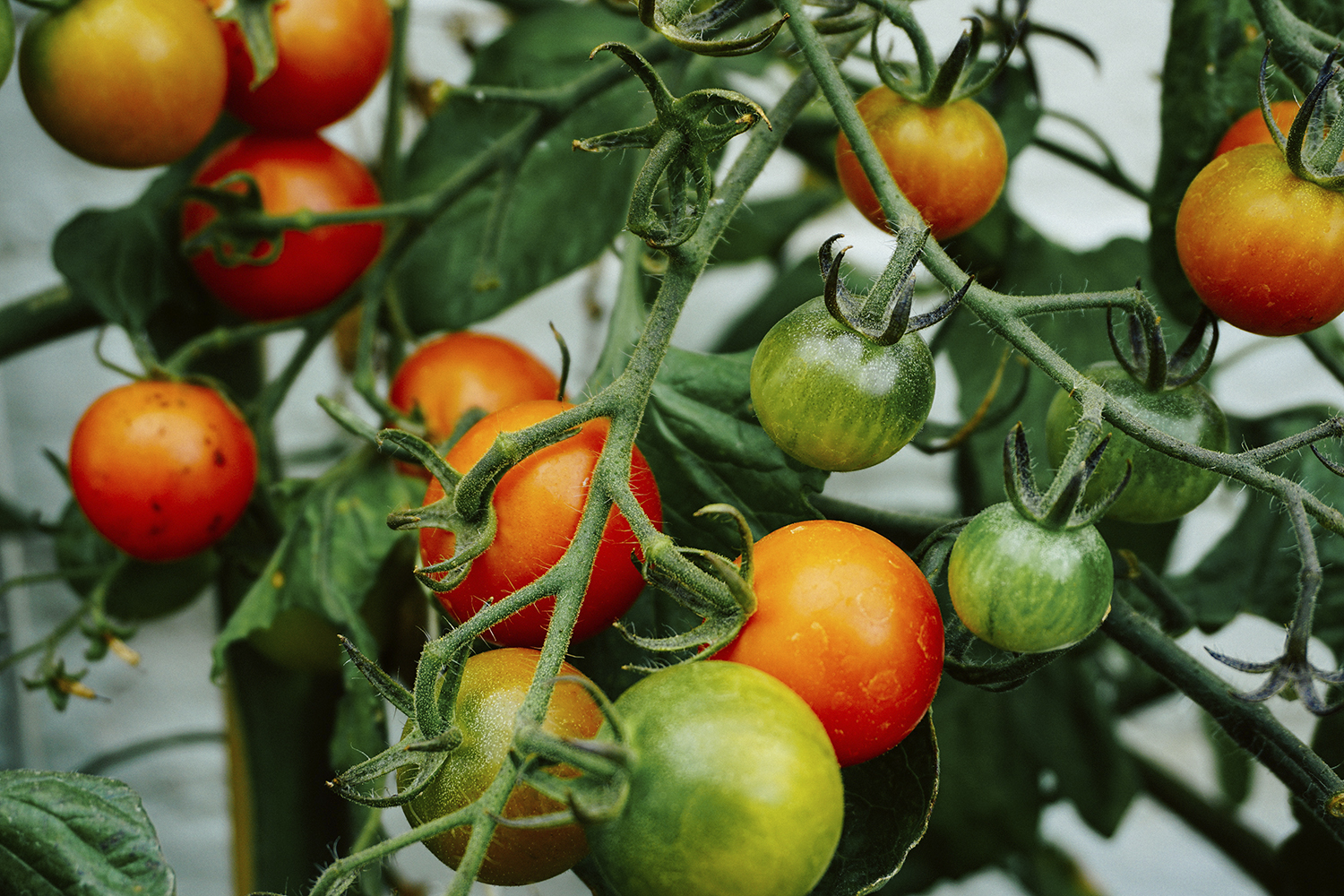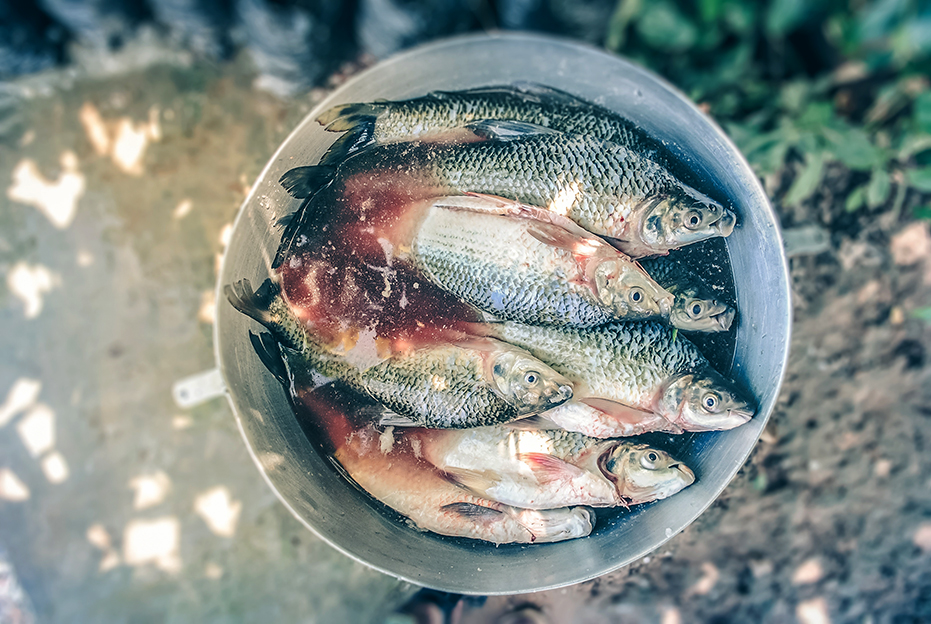-

Chaga and Beyond: How This Superfood Mushroom Fits into a Healthy Lifestyle
In superfoods, Chaga mushrooms stand out as a remarkable natural treasure, captivating health enthusiasts and scientists alike. Native to birch forests in colder climates, Chaga
-

Reduce dairy in your diet
Bovine breast milk goes great with your cereal, but its production contributes 4 per cent to global greenhouse gas emissions. Halve your dairy consumption, explore
-

Adopt a vegetarian diet
Join the mung bean nation! Prevent the sizzling death of a thousand innocent animals, improve your health, and hit the jackpot in terms of reducing
-

Avoid bottled water
Avoid bottled water and feel good knowing that you’re saving money, reducing your personal health risks and reducing resource waste in your community. Humans require
-

Avoid genetically modified (GM) food
Avoid eating Genetically Modified (GM) Food and demand more thorough testing and mandatory labelling of genetic crops and foods. Scientists are altering and augmenting the
-

Buy local and seasonal food
Locally produced food grown in sync with the seasons is fresher and requires less energy to produce and transport to you. Eating local and seasonal
-

Eat organic food
Too many pesticides, herbicides and fungicides in your food? Try eating organic. Organic food certification requires that crops and livestock are grown and reared naturally,
-

Avoid eating endangered fish
Avoid eating over-fished and threatened fish species. Increasing our awareness of which fish are being harvested to the brink of extinction, can help us modify
-

Eat less meat
Replace at least one meat meal per week with a vegetarian option. Land used for beans and vegetables produces 10 times as much protein as

Food & Drink
Too many pesticides, herbicides and fungicides in your food? Try eating organic.
If eating healthy local produce is important, then how can we as consumers, encourage more sustainable production,
manufacturing and distribution?
